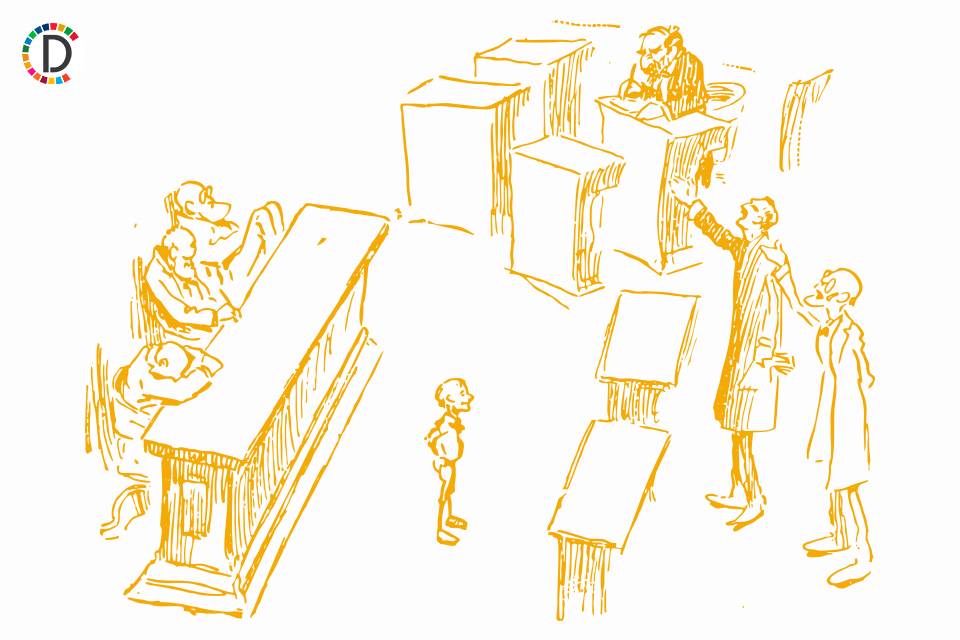Death Row Determination: The Case of James Robertson
James Robertson, a South Carolina inmate on death row, seeks to represent himself in court, risking his own execution. The judicial system is challenged by his decision, highlighting issues of mental health, self-representation, and the ethics of the death penalty.

- Country:
- United States
In a gripping turn of events, James Robertson, a longstanding inmate on South Carolina's death row, has expressed his desire to represent himself in court. This decision could potentially accelerate his execution, as it may lead to the conclusion of all legal proceedings more rapidly than if represented by counsel.
Federal Judge Mary Gordon Baker has granted a 45-day delay to assess Robertson's mental competence. The postponement aims to ensure Robertson fully understands the consequences of opting to dismiss his current legal representation and proceed without attorneys.
Robertson's case sheds light on the intricate complexities surrounding the death penalty, mental health issues, and self-representation. As the case unfolds, it highlights ethical considerations within the justice system regarding inmates like Robertson who choose to expedite their death sentence.
(With inputs from agencies.)
ALSO READ
Union Minister Nadda urges students to focus on mental health, geriatrics to improve quality of life
3 British nationals accused of smuggling drugs face death penalty in Indonesia
Mental Health & Insurance: What You Should Know in 2025
Suspected Food Poisoning Strikes Telangana Institute of Mental Health
$51M Boost to Mental Health and Addiction Services in Midland Region










